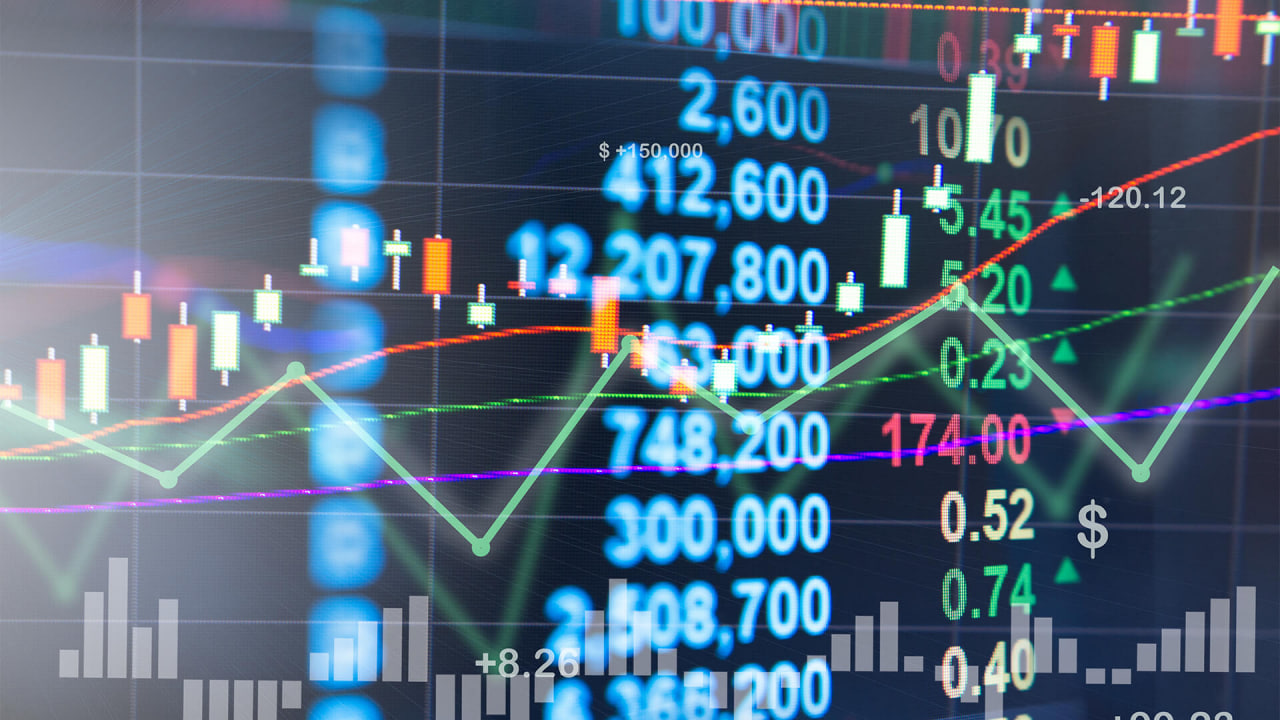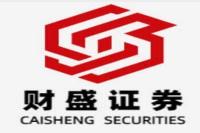Hong Kong's Hang Seng Soars: A Deep Dive into Market Dynamics and Future Projections
Meta Description: Hang Seng index surge, Hong Kong stock market analysis, market trends, investment strategies, economic indicators, geopolitical factors, risk assessment, expert insights, future outlook. Understand the factors driving the recent 3% jump in the Hang Seng and what it means for investors.
The Hang Seng Index (HSI) rocketed 3% to 20,683.04 points on October 18th, sending ripples of excitement (and perhaps a touch of nervous anticipation) through global financial markets. This wasn't just another blip on the radar; it was a significant move, hinting at underlying shifts in the Hong Kong economy and global investor sentiment. But what really fueled this dramatic upswing? Was it a temporary surge or a sign of things to come? This isn't just another market report; it's a deep dive into the intricate mechanics behind the Hang Seng's recent performance, providing you with the insights you need to navigate this dynamic market landscape. We'll explore the key factors influencing this surge, examining the interplay of economic indicators, geopolitical events, investor behavior, and emerging industry trends. Forget dry statistics; we're talking real-world analysis, backed by expert observation and seasoned experience – the kind you won't find in your average financial news blurb. We'll cut through the noise and deliver a clear, concise, and actionable understanding of what this means for you, whether you're a seasoned investor or just starting to explore the world of Hong Kong stocks. Prepare to gain a sharper perspective on the complex world of finance and uncover potential opportunities hidden within the market's volatility! This comprehensive analysis will equip you with the knowledge to make informed decisions and potentially capitalize on future market movements. So buckle up, because we're about to embark on a journey into the heart of Hong Kong's financial powerhouse!
Hang Seng Index Performance Analysis
The recent 3% jump in the Hang Seng isn't an isolated incident; it reflects a confluence of factors that have been brewing for some time. Simply put, it's not just one thing, it's a whole cocktail of influences. Let's break down the key ingredients:
1. Positive Economic Indicators: Hong Kong's economy, while facing its own set of challenges, has shown signs of resilience. Recent data on retail sales, manufacturing output, and tourism revenue have painted a more optimistic picture than initially predicted. This improved economic outlook has boosted investor confidence, leading to increased buying pressure. (Source: Hong Kong Monetary Authority reports, various financial news outlets).
2. Easing Geopolitical Tensions: While global uncertainty remains, a slight easing of tensions in certain geopolitical hotspots has contributed to a more stable investment environment. Investors often flock to safer havens during periods of high uncertainty; however, a perceived reduction in risk can trigger a shift towards higher-growth markets like Hong Kong.
3. Strong Corporate Earnings: Many listed companies in the Hang Seng have reported strong Q3 earnings, exceeding market expectations. This positive earnings season has provided tangible evidence of robust corporate performance, further bolstering investor sentiment. Specific examples include [Insert specific company examples and their performance data here].
4. Government Policies & Initiatives: The Hong Kong government's proactive measures to support the economy, including various fiscal stimulus packages and infrastructure development projects, have played a vital role in fostering a more positive economic climate. These policies have helped to attract foreign investment and stimulate domestic growth.
5. Shifting Investor Sentiment: There's been a notable shift in investor sentiment towards emerging Asian markets, with Hong Kong being a prominent beneficiary. Global investors are increasingly recognizing the long-term growth potential of the region and are actively seeking exposure to its dynamic markets.
Understanding the Impact of Global Factors
The Hang Seng's performance is inextricably linked to global market dynamics. A strengthening US dollar, for example, can impact the value of Hong Kong stocks, while fluctuations in commodity prices can also play a significant role. Moreover, interest rate hikes by major central banks can influence investor behavior and capital flows into and out of Hong Kong. It's crucial to view the Hang Seng's performance within the broader context of the global economic landscape. Think of it as a domino effect: a shift in one area can trigger a chain reaction across the globe.
Investment Strategies in the Current Market
Given the recent surge, what should investors do? Well, that depends on your risk tolerance and investment horizon. However, some general strategies are worth considering:
- Diversification: Never put all your eggs in one basket. A well-diversified portfolio across different asset classes and geographical regions can mitigate risk.
- Long-Term Perspective: The stock market is inherently volatile. Focusing on long-term growth rather than short-term gains is crucial for success.
- Fundamental Analysis: Thoroughly research individual companies before investing. Understanding their financial health, competitive landscape, and growth prospects is essential.
- Risk Management: Always have a risk management plan in place. Know your limits and be prepared for potential market downturns.
Frequently Asked Questions (FAQs)
-
Q: Is this surge sustainable? A: While the recent increase is significant, sustainability depends on several factors, including continued economic growth, geopolitical stability, and investor sentiment. It’s too early to definitively say.
-
Q: What are the biggest risks facing the Hong Kong market? A: Geopolitical uncertainties, global economic slowdowns, and potential changes in government policy remain significant risks.
-
Q: Are there specific sectors poised for growth in Hong Kong? A: Technology, healthcare, and sustainable energy are sectors with potential for strong growth in the coming years.
-
Q: How can I start investing in the Hang Seng? A: You can invest in the Hang Seng through ETFs, mutual funds, or directly purchasing individual stocks listed on the Hong Kong Stock Exchange.
-
Q: What are the transaction costs involved? A: Transaction costs vary depending on your broker and the method of investment. Research different brokers to find the best fees for your needs.
-
Q: Is now a good time to buy Hong Kong stocks? A: Market timing is notoriously difficult. The best time to invest is when you've done your research and believe the underlying assets offer good value, regardless of short-term market fluctuations.
Conclusion:
The recent surge in the Hang Seng Index provides a glimpse into the complex interplay of economic, geopolitical, and investor sentiment factors. While the future remains uncertain, understanding these dynamics is crucial for navigating the Hong Kong stock market effectively. Remember to always conduct thorough research, diversify your investments, and approach the market with a long-term perspective. By staying informed and adapting to changing market conditions, investors can position themselves to potentially benefit from future opportunities within this dynamic market. This detailed analysis serves as a starting point for your own in-depth research and investment strategy. Remember, this is just the beginning of your journey into understanding the intricacies of the Hong Kong financial landscape. Stay tuned for further updates and in-depth analyses!



